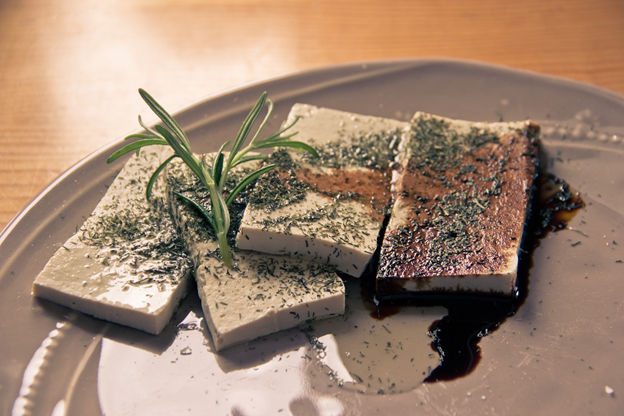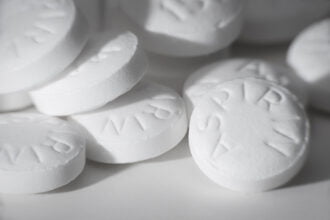Turning vegan can be one of the most profiting and healthy decisions you can make to better your lifestyle. Not only does it do wonders to your body over a considerable period of time, it also helps sustain the environment and preserve the wildlife.
To go for a strictly plant-based lifestyle means much more than just dietary habits. Not only do you not consume any meat and animal-derived food but you also stop using any goods, clothing, cosmetics that may have been produced directly or indirectly from animals.
When it comes to aggressively following a vegan diet, there are a lot of pluses with the overall impact it has on the body with consumption of more fibrous, less fatty and healthier foods. Your body feels light, your mental health is maintained and you feel motivated to work out. However, there are certain nutrients – like proteins and vitamins – that tend to miss out from your system if you are not taking the right supplements. We will study the ways in which you can maintain the optimum levels of protein and vitamin in your body when you’re on a vegan diet.
Protein from vegan food
Many strict vegetarians tend to ask a question as to where do you get your daily protein intake if you’re not having meat, eggs and dairy products, which are foods with high protein content. What you must understand is its breakup. Protein is made up from nine essential amino acids and not all plant-based proteins have these. Therefore, you have to add some other animal friendly plant-based foods to your diet to complete your daily protein intake. For those who are massively conscious about the protein supplements with their diet can check out this list of vegan protein powders.
Fortunately for vegans there are several vegetarian foods that contain essential proteins. We will study some of the major sources of protein for vegans that can help you maintain your required daily intake levels.
Tofu – It has a good amino acid profile and is one of the most known sources of protein in the vegan diet chart. Tofu is made from gooey soy milk that’s constrained into white blocks and is available in a variety of textures. Three ounces of tofu (85 grams) will give you 8 grams of protein.
Tempeh – It is a nuttier and chewier form of tofu which is made from fermented soybeans and is often combined with other seeds to make a thick cake. Three ounces of tempeh can give you about 11 grams of protein. Due to its high fibre content it is rich in iron, calcium and potassium.
Chia seeds – They are often black or white in color and are tiny and round in shape. They have high absorption powers and can form a gel-like base that can be used in puddings, jams, salads and smoothies. Two tablespoons or 28 grams of chia seeds provide 4 grams of protein and they’re also a good source of omega-3 fatty acids, iron, calcium and magnesium.
Brown rice: The healthier choice over white rice, brown rice, has more nutritional benefits and contains vital vitamins and minerals as well.
Lentils: They can be brown, black, green or yellow and contain high amounts of protein. Having lentils in your diet can help reduce risk of diabetes, cancer and heart disease.
Pita bread and hummus: A combination of food that contains high amounts of protein, pita and hummus are a Middle Eastern classic. One medium-sized whole wheat pita bread of about 57 grams along with two tablespoons of hummus can give you seven grams of protein.
Other vegan foods that you can try for high protein value are chickpeas, black beans, quinoa, red kidney beans, peanut butter, almonds, spinach, broccoli, asparagus and artichoke.
Food with essential Vitamins
Having the right amount of vitamins will ensure a balanced diet for vegans irrespective of the amount of protein you take. Vitamin B-12 is a necessary nutrient for our body that helps in building of red blood cells and the proper functioning of the neurological system. Since it occurs naturally in animal foods like liver, clams and dairy products, vegans don’t get it in their system the usual way. It is recommended to consume this vitamin through foods that have B-12 fortified in them. Breakfast cereals, nutritional yeast, soy milk, and some meat substitutes may contain B-12 but you’ll have to check the package label for the ingredients before buying.
Vitamin D, often called the ‘sunshine vitamin’ also comes naturally in animal foods and helps your body absorb calcium and promote bone growth in the body. It is best that you are exposed to the sun for about 10 minutes, three or four times in a week to complete your vitamin D needs. However, you can take supplements through fortified foods like cereals, soy milk and rice milk.
To get the best of proteins and vitamins from your vegan diet, you must have a conscious approach to eating. Understand that it requires a lot of self-motivation and discipline to maintain a vegan lifestyle and it isn’t for everyone as it is depicted in this blogpost. However, it promises a healthy life, a peace of mind and a sustainable future in the long run.










